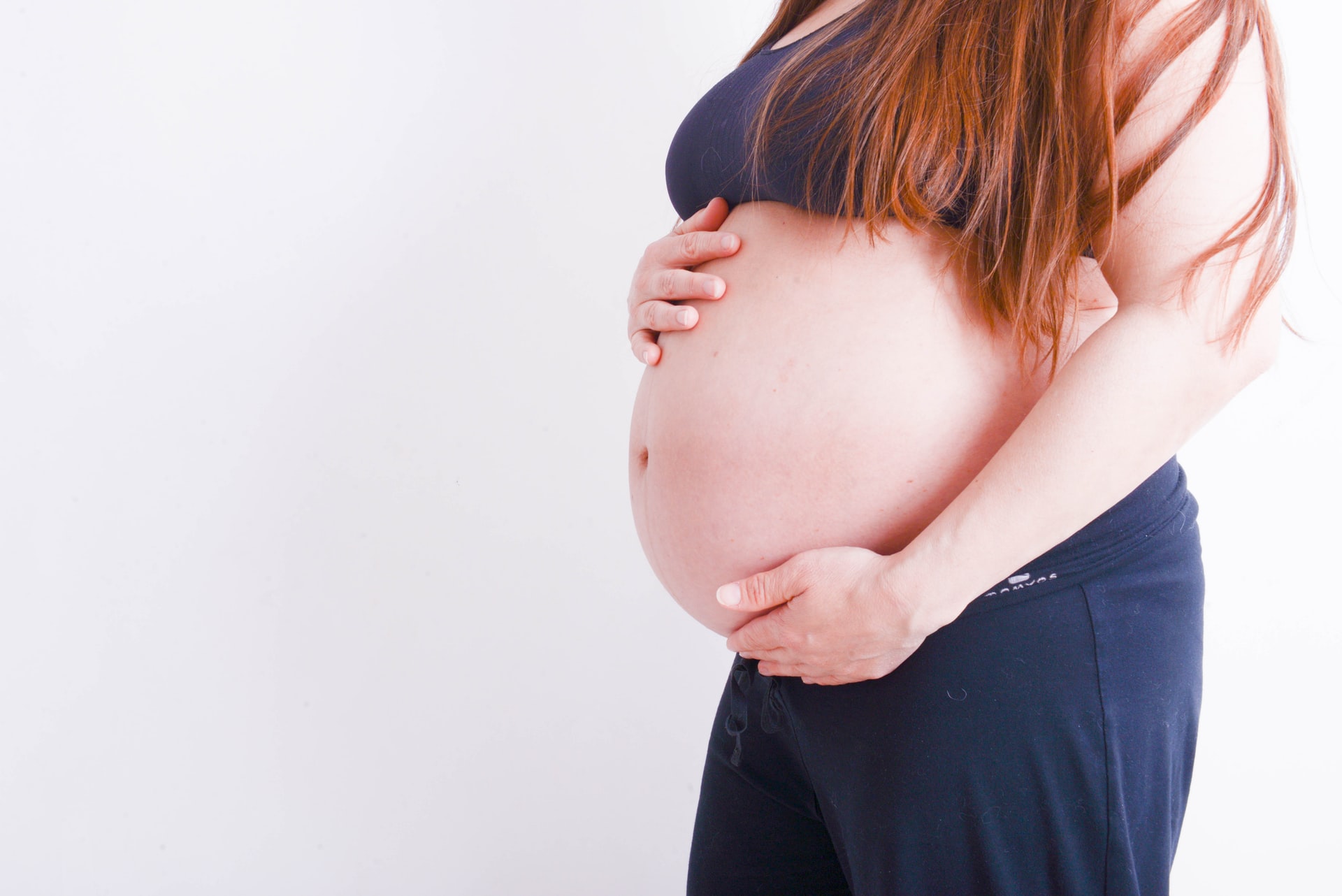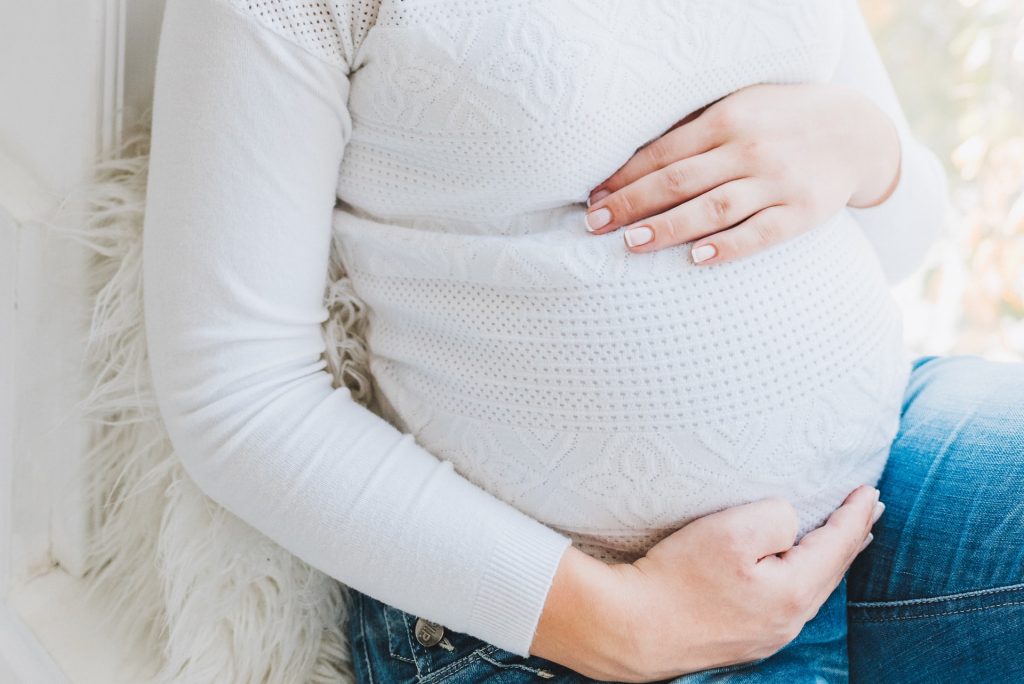
Being pregnant, you are certainly more sensitive and alert to any pain, and you may be especially worried about a sore lower abdomen. Is it a reason for concern and urgent medical consultation? Find out what lower abdominal pain in pregnancy can mean.
Any abdominal pain in pregnancy should be an alarm signal. Of course, this does not mean that you should immediately go to the ED, but it is worth with increased attention to observe your body and be in constant contact with your doctor. Pregnancy is a state of great changes in the female body. Storm of hormones and the developing fetus in the uterus may cause a variety of, sometimes unpleasant feelings.
Persistent abdominal pain in pregnancy should be carefully checked by a doctor. If, in addition to pain, there is no bleeding or spotting, all the results of diagnostic and imaging tests are normal, then they should not be a reason to overload the pregnant woman with medication.
A good solution for stabbing abdominal pain in pregnancy are diastolic medications and safe supplements containing magnesium. A pregnant woman should strictly follow her doctor’s instructions and not overuse painkillers.
Lower abdominal pain in early pregnancy may simply be the result of the uterus growing in size. Hormones, the level of which changes during pregnancy, cause the ureters to dilate, which also causes unpleasant, painful reactions in the lower abdomen. It is generally accepted that early pregnancy has the right to manifest itself in unusual abdominal pain. For many women, it was this pain, different from usual, that prompted them to undergo a pregnancy test.

If this is your first pregnancy and you’re not quite sure what the baby’s movements should look like, you may find that, being around 18-20 weeks pregnant, you mistakenly recognize the baby’s first movements as a strange pain. It’s a good idea to calm your nerves, sit down or preferably lie down and gently touch your belly
A slender woman can feel the baby’s movements by touching her abdominal skin with her hand. If the strange sensation is more like swimming and bubbling than a constant and unrelenting pain, it marks the first palpable movements of the baby and there is no cause for concern.
The final weeks of pregnancy are extremely stressful for a woman. Many fear that premature labor will occur. In addition, the baby, which is already of considerable size, begins to slightly “interfere” – it has less and less space, and its every movement can be unpleasant for the future mother.
The baby, moving legs and hands, may cause pain in the area of internal organs or spine. It may also happen that the growing foetus presses on the kidneys or nerves, causing great pain to the pregnant woman. These symptoms do not go away until after the baby is born.
Pain in the lower abdomen in advanced pregnancy can be caused by the fetus pressing on the nerves or by abnormalities in the pubic symphysis. A common cause of pain in the lower abdomen at the end of pregnancy is a separation of the pubic symphysis
The diagnosis can only be made by a doctor who will perform an ultrasound and confirm that the pubic symphysis is not tangent. Depending on the size of the divergence, this condition may even be an indication for a Caesarean section.
Many women complain of lower abdominal pain during pregnancy, which they began to feel toward the end of the condition. Doctors diagnose such pain as premonitory contractions, which do not have any negative effect on the condition of the baby and the course of pregnancy. It is considered normal at this time, and to relieve the symptoms, the pregnant woman is given diastolic drugs.
No matter what stage of pregnancy you are in, if you experience spotting in addition to abdominal pain, or if the pain is persistent and does not diminish with medication, see your doctor urgently. Do not ignore any alarming signal your body sends.
Main photo: Anna Civolani/Unsplash